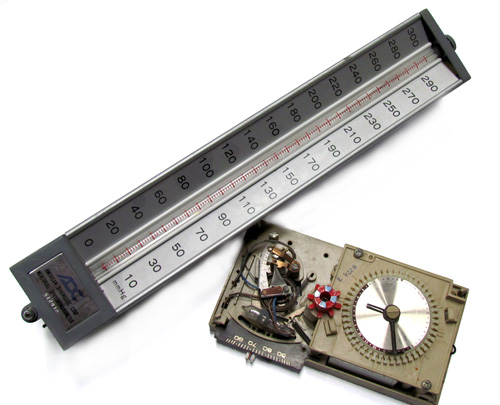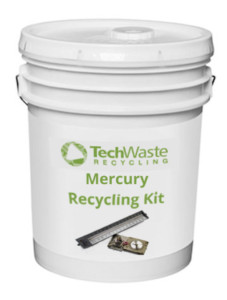
Mercury is a highly valuable element, leading to its use in many types of professional fields and equipment. The average person may even use tools containing mercury without knowing it.
However, when not properly handled, mercury is toxic to both humans and the environment. This can become a real issue when mercury-containing items are disposed of. While many state and local governments have strict requirements on how this dangerous element should be handled, complying can be expensive and difficult for businesses to do by themselves. Instead, companies specializing in hazardous waste disposal often offer mercury recycling as a more manageable and environmentally-conscious option.
What Is Mercury Recycling?
Recycling mercury requires several steps. First, items containing this heavy metal are transported to a recycling facility specially equipped to process hazardous waste. There, the items are broken down and the different components separated.
Mercury is then extracted, held and transported to prevent any spilling or vaporization. It can be used again in the manufacturing of important products that cannot be made any other way.
What Items Contain Mercury?
The following common items often contain some amount of mercury:
- Batteries
- Electrical switches
- Gauges, such as barometers
- Thermostats
- Old thermometers
- Paint
- LCD monitors and computers
- Medical devices
While irreplaceable in many of these products, the harmful effects of this element are so great that many manufacturers are moving to eliminate its use. For example, modern thermostats and thermometers no longer use mercury, and regulations now prohibit its inclusion in interior latex paints.
Why Should You Recycle?
Proper recycling is a matter of public and environmental health. When mercury-laden products end up in landfills, the heavy metal can contaminate the air, water and soil. Eventually, it ends up in the fish harvested for human consumption and local water supplies, causing negative health effects such as:
- Nervous system damage
- Enzyme and genetic system alterations
- Degradation of the immune system
These effects can manifest in adults and children. Pregnant people are often advised to avoid eating fish, as exposure to mercury can cause nerve damage in utero.
How Can You Start?
Companies like TechWaste Recycling are making it easier than ever for businesses to responsibly dispose of mercury. You can purchase kits designed to make collection and storage a breeze while complying with your area’s regulations. You can then schedule a pickup time, and the company will take care of the rest. Not only is proper disposal practical and a legal requirement, it’s a positive decision that improves your community’s health.

TechWaste Recycling directly services all of Southern California and provides pickup services to its facilities from nationwide locations. For mercury, we offer easy to use DIY Mercury Recycling Kits that you can order online directly from our warehouse. You simply order, pack the kit and ship it back to us for proper certified recycling all for one easy price.
Learn more about all of TechWaste’s simple recycling kits here: DIY Recycling Services
Contact Info:
Richard Steffens
1940 E. Occidental street
Santa Ana, CA 92705
Phone: 866-637-8469

































